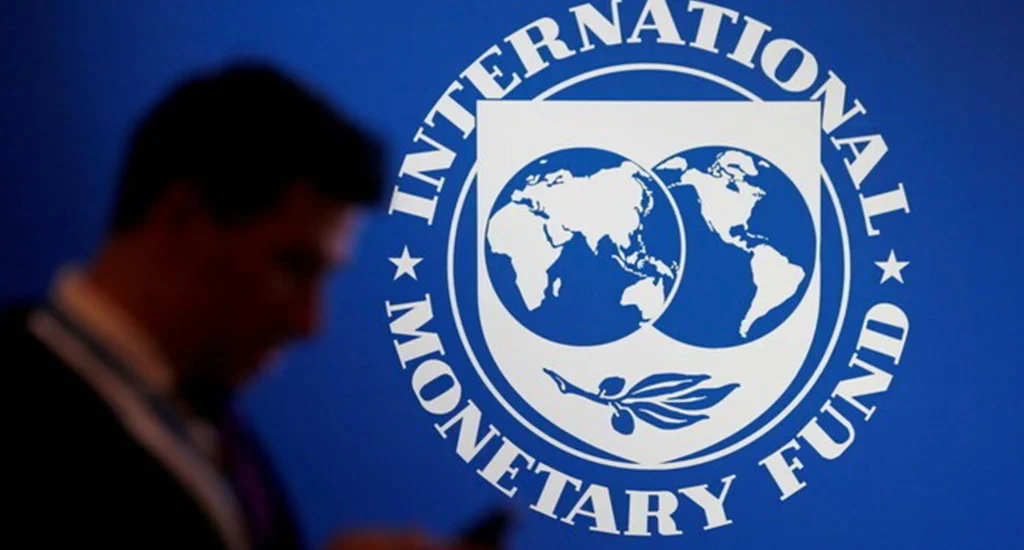IMF to Review Pakistan’s $7 Billion Loan Program in March, Discusses Climate Financing
- Abeera Marium Siddiqui
- February 21, 2025
- 3:59 pm
- 41
- Business

The IMF review of Pakistan’s $7 billion loan program is scheduled for mid-March. The International Monetary Fund (IMF) will send a mission to assess Pakistan’s economic progress under the Extended Fund Facility (EFF). The review will determine whether the country qualifies for the next $1 billion loan installment.
IMF Mission Visit and Evaluation
IMF Resident Representative Mahir Binici confirmed that an IMF team will visit Pakistan between early and mid-March. The team will analyze Pakistan’s economic policies, tax reforms, and financial management. The review will also assess the country’s compliance with IMF conditions, particularly structural reforms in taxation and energy.
Finance Adviser Khurram Schehzad expressed confidence in Pakistan’s preparations. He stated that the IMF and Pakistan are aligned on key financial targets and policy benchmarks.
Pakistan’s Request for Additional Climate Financing
In addition to the loan review, Pakistan has sought $1.5 billion under the Resilience and Sustainability Facility (RSF). This funding aims to support climate projects and improve the country’s ability to handle environmental challenges.
A technical IMF team will arrive in late February to discuss the RSF arrangement. The team will assess Pakistan’s climate policies and explore funding possibilities. The government is adjusting its policies to meet IMF requirements for climate-related financing.
Pakistan’s Economic Reforms and Structural Changes
Pakistan has implemented several reforms to strengthen its economy. The government has introduced new taxation policies, improved the management of state-owned enterprises (SOEs), and enforced agricultural income taxes in major provinces. These measures align with IMF conditions and aim to improve financial stability.
Finance Minister Muhammad Aurangzeb highlighted recent economic progress. He noted that Pakistan has maintained a current account surplus for seven months. However, he stressed that further structural reforms are essential for long-term stability.
Pakistan’s Economic Challenges and Climate Risks
Despite signs of recovery, Pakistan’s economy remains fragile. In 2023, the country narrowly avoided default by securing a $3 billion IMF bailout. It must now follow strict financial discipline to meet IMF expectations.
Pakistan is also one of the most climate-vulnerable nations. The Global Climate Risk Index ranks Pakistan among the most at-risk countries. In 2022, devastating floods affected 33 million people and caused over 1,700 deaths. The country’s high debt burden and economic struggles have made disaster response difficult.
Conclusion
The upcoming IMF review of Pakistan’s $7 billion loan program will be crucial. It will decide the release of the next loan installment and impact the country’s financial stability. Discussions will also determine whether Pakistan secures additional climate financing. The outcome will shape the country’s economic future and ability to manage financial and environmental challenges.



